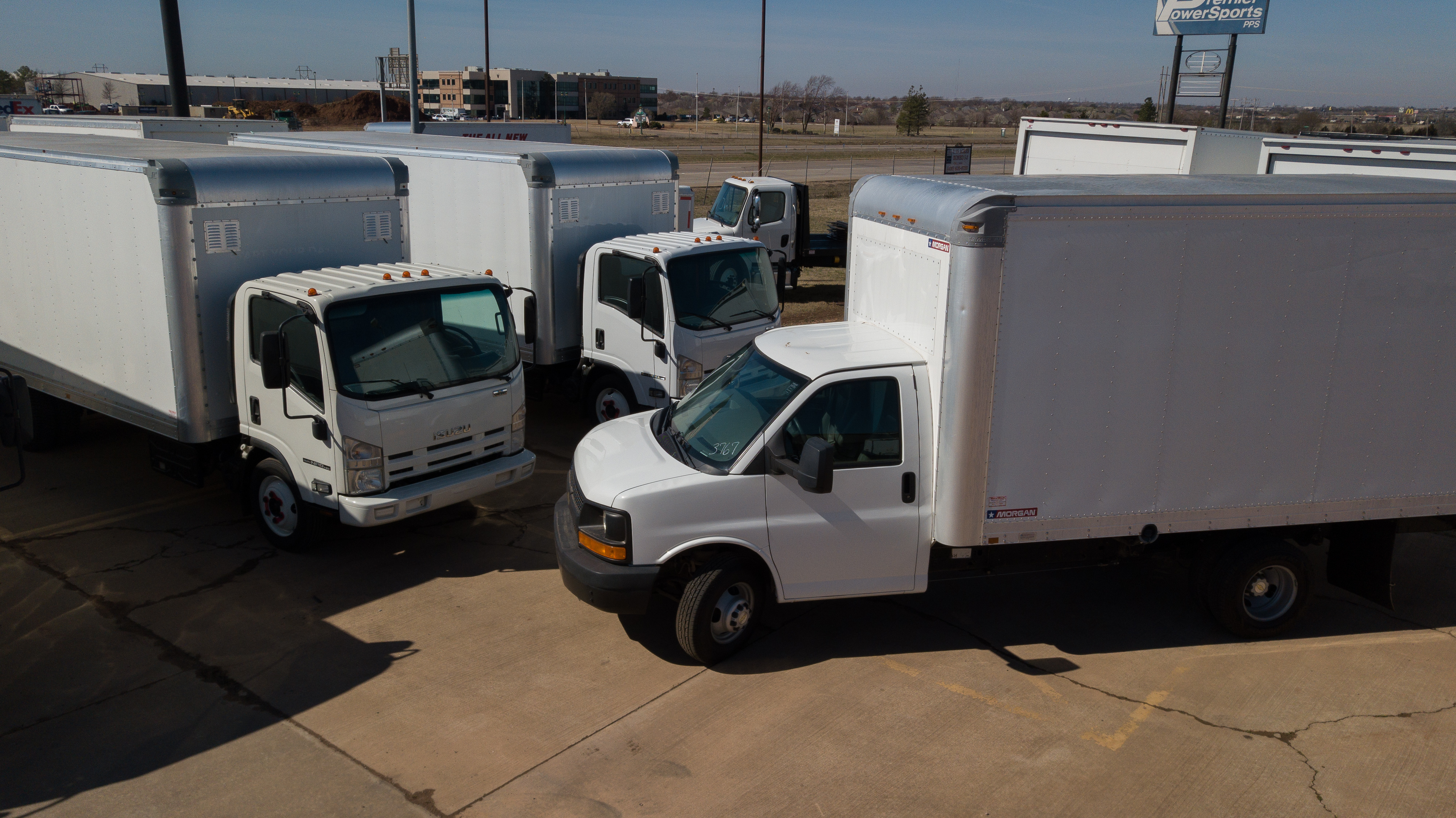A USDOT Number, which serves as a unique identification for the Ownership entity of a commercial vehicle, is necessary for certain classes of vehicles. These numbers are used to track and gather safety data for audits and compliance checks, as well as inspections and crash investigations. Obtaining a USDOT Number may be required for compliance with state and federal requirements if your organization operates in interstate or certain forms of intrastate trade.
The USDOT number is used to identify motor carriers that are required to register with the Federal Motor Carrier Safety Administration (FMCSA). Any company transporting goods or passengers across state lines must have a USDOT number. Recently, the FMCSA has been conducting more investigations into whether new businesses are properly registered. If your business doesn’t have a USDOT number, it’s important to apply for one as soon as possible. Not registering can result in costly fines and penalties.
A carrier receives a new USDOT number after registering with the FMCSA. They do, however, get a symbolic red flag to raise that screams, “Hey, look at me, I’m now regulated!” “And, by the way, the FMCSA is going to do it.” In fact, the new registering business entity will be extensively monitored for at least eighteen months and will be subjected to an audit to ensure that it is complying with all legal guidelines and has the essential qualifications.
For property carriers, the FMCSA strives to complete the new entrant audit within the first twelve months, and for passenger carriers, it takes three months. The FMCSA and the new entrant program try to live up to the phrase “we’re from the government and we’re here to help.” In contrast to a compliance assessment with a conditional rating, a new entrant audit results in a passing or failing grade for the carrier. As a result, it’s critical to ensure that all of the ‘i’s are dotted and all of the ‘t’s are crossed in terms of compliance and credentialing.
During the assessment, the examiner will evaluate conformity with the federal motor carrier safety regulations (FMCSRs), relevant (HAZARDOUS MATERIALS REGULATIONS) “HMR’s”, and associated record-keeping standards by reviewing the new entrant’s safety management systems and a sample of needed records. If the FMCSA finds that the newly entrant’s general safety management procedures are insufficient as a result of the safety assessment, the new entrant’s USDOT new entrant registration will be cancelled and its operations will be placed out-of-service until the new entrant takes certain steps.
Carriers must keep a variety of documents relevant to their business activities, including (but not limited to):
- FMCSA registration including the updates that are due every other year
- Proof of insurance
- List of drivers and driver qualification files
- Motor vehicle record (MVR) for each driver
- Operator’s licenses or commercial driver’s licenses (CDL)
- Medical certificates for CMV drivers
- Drug and alcohol testing records
- Records of duty (logs), ELD, timecards, and supporting documentation
- List of vehicles and inspection history
- Accident register
A newcomer should also assure that they get all of the following qualifications in place:
- Interstate for-hire authority
- Intrastate authority or state registrations (may be needed even if a private carrier)
- Vehicle registration
- Fuel tax records and reporting
- State weight distance taxes
- Internal Revenue Service Heavy Vehicle Use Tax (HVUT)
- Unified Carrier Registration (UCR)
Whenever you keep throwing the “Here I am, come regulate me!” flag, it’s a good idea to double-check that each registration is done correctly and that the required credentials are in place. “There are things we know, there are things we don’t know, and there are things we don’t know we don’t know!” says a famous army commander. ”
Conclusion
The USDOT number is a unique identifier for commercial motor carriers. When this number is assigned to a new business such as fleet truck repair, an audit is automatically triggered. The article discussed the details of what happens during an audit and how to prepare for one. Please follow us to stay up-to-date on the latest news and information relating to the commercial transportation industry as well as any other truck mechanic needs.




